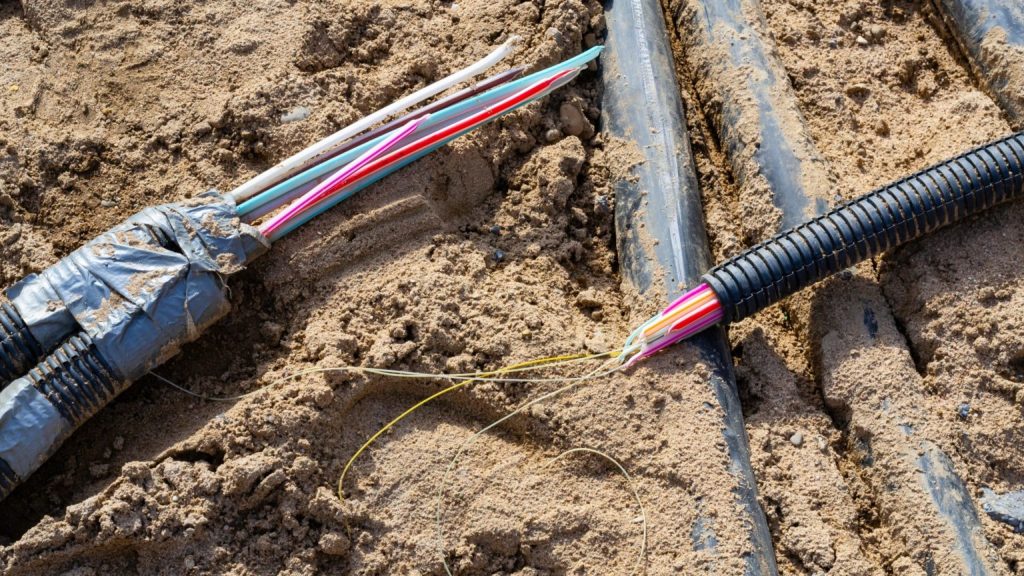
One year after Nigeria implemented its telecom protection law—the Protection of Critical National Infrastructure (CNI) Act—telecommunications operators continue to suffer from widespread fibre optic cable cuts, undermining service delivery and network stability across the country.
The law, introduced to classify telecom infrastructure as critical national assets, was intended to curb vandalism and sabotage, particularly the rampant cutting of fibre optic cables which form the backbone of internet and voice services. Despite the law’s provisions, operators report that cable cuts have persisted or even increased, with over 50,000 incidents recorded annually. These fibre cuts often result from construction activities, road works, vandalism, or theft, especially in urban centers and along major roads. Lagos, Abuja, Port Harcourt, and other key cities remain hotspots.
Industry stakeholders, including the Association of Licensed Telecom Operators of Nigeria (ALTON), have expressed concern over the lack of enforcement and coordination among government agencies. They note that while the law is in place, many state and local authorities are either unaware of it or ignore it, continuing to issue multiple levies and permits or allow contractors to dig without notifying telecom operators.
MTN Nigeria, Airtel, Globacom, and other major carriers have reported service outages and increased operational costs due to the recurring cable cuts. These disruptions impact millions of users, affecting banking transactions, e-commerce, security systems, and general internet access. Operators are forced to divert resources toward repairs and network redundancies, slowing down infrastructure expansion and 5G rollout plans.
Analysts argue that stronger collaboration between federal and state governments, telecom companies, and security agencies is necessary. Suggestions include real-time coordination on infrastructure projects, public awareness campaigns, tougher penalties for offenders, and integration of fibre routes into national and state planning processes.
The Nigerian Communications Commission (NCC) has acknowledged the issue and urged for stricter adherence to the CNI Act. However, implementation challenges persist, including bureaucratic bottlenecks and insufficient awareness at the grassroots level.
While the CNI law was a step in the right direction, its weak enforcement and lack of synergy among stakeholders have rendered it largely ineffective. Without stronger institutional backing and nationwide compliance, fibre optic cuts will continue to threaten Nigeria’s digital economy and national security.
Leave a Reply